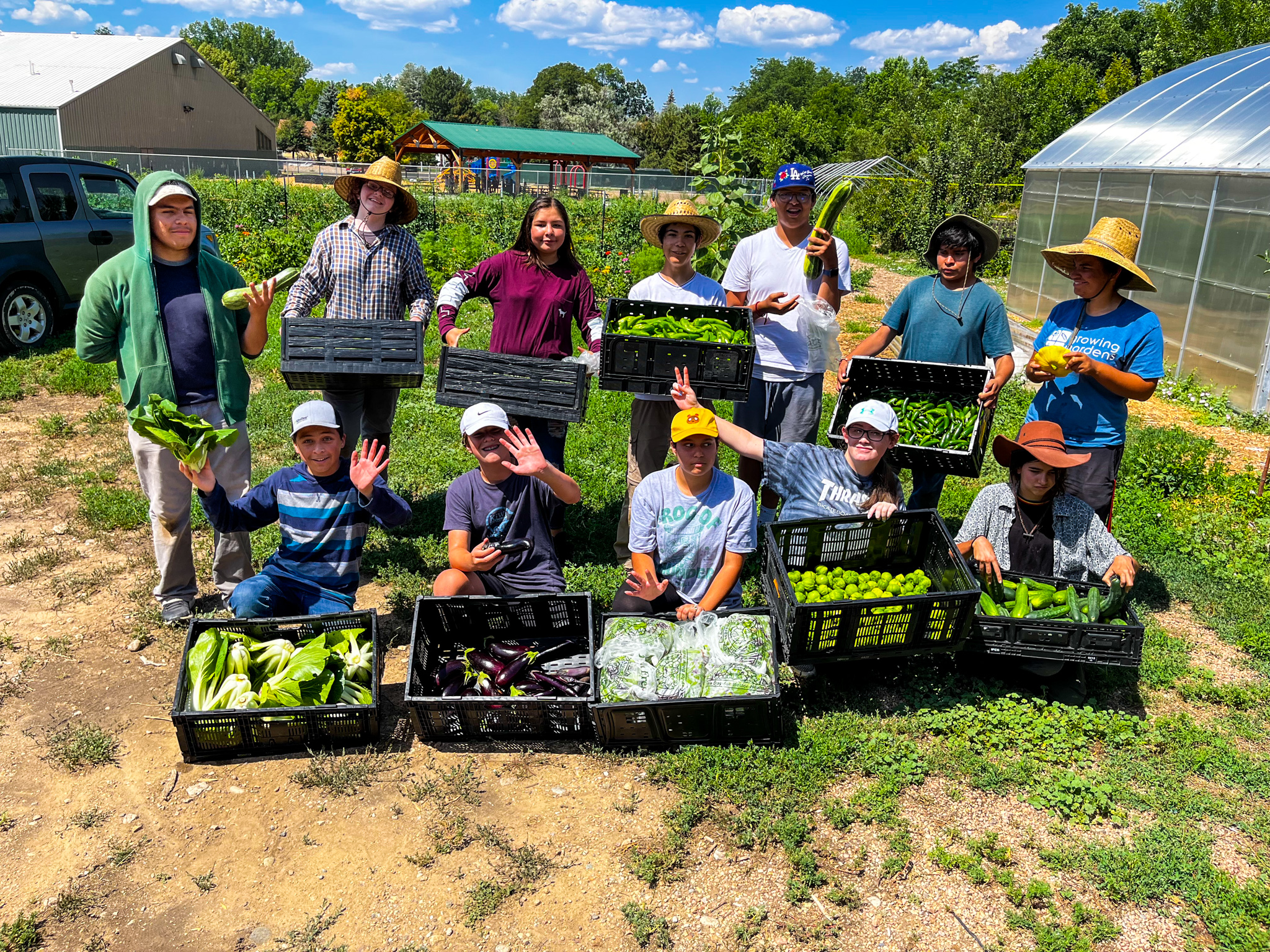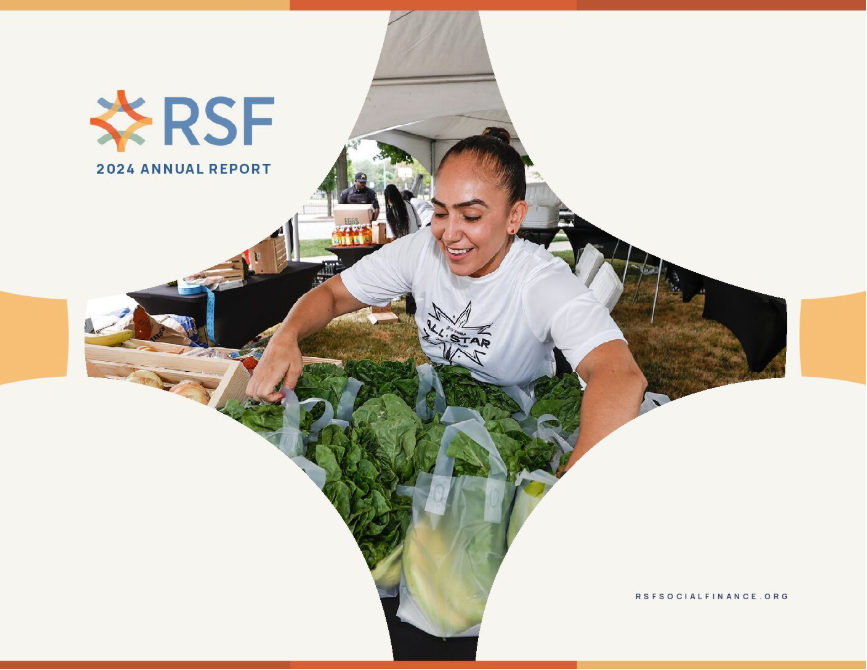Interview with Mike Gabriel, Lending Manager
Tim Brownell is the co-founder of Eureka Recycling, an RSF borrower and one of the largest non-profit recyclers in the US. Ben Gordon, an RSF investor, works with Global Student Embassy to empower youth to become environmental stewards and community leaders. In both cases, social transformation is at the core of the environmental change they seek.
Mike: What role does community engagement play in achieving your organization’s mission?
Tim: Eureka’s mission is to demonstrate that waste is completely preventable. We do that through engaging the community and involving people in the planning and the design of our initiatives and our programs. Community engagement is at the core of what we do to create a movement towards zero waste.
For example, we have a commercial composting program working with restaurants, businesses, and farmers’ markets. We work with everyone within the business, from the point of purchase all the way through the discard, to engage with them to gain a full understanding of what it takes to achieve zero waste.
Ben: I like how you’re talking about community engagement being so core to your organization. That’s much the same as what we do at Global Student Embassy. With any organization focused on environmental outcomes, social change is critical to the environmental change that we want to see. We’re all a part of building larger movements and empowering people to see that the actions and the things that they do make a difference. In our case, those people are the students. They are very much a part of their community and they are great to engage with because they are naturally in a learning mode and they have a lot of time and energy for ecology work.
Mike: How have the individuals and communities you’re engaging with been affected by your work?
Ben: We’ve had three to four years of working with high schools. And, over the last two years we’ve developed relationships with twelve universities. Most of those relationships were initiated by students who wanted to continue the work that they had done in the Ecology Action Club in high school in their new university setting. And beyond that, now these university students are starting to plan for student-run environmental programs in local middle schools and high schools. Each student helps the movement grow.
Tim: One of the things we do is zero waste events that hundreds to several thousand people attend. In many cases people walking into that space have never really thought about their discards beyond trash and recycling. At the events we make sure vendors are committed to offering products that are either reusable, recyclable, or compostable. When attendees are getting ready to dispose of an item, in many cases they are holding a product in their hand that historically has been something that they have thrown away. We have people working at the disposal station who try to create a conversation around this, to transform their relationship to that product.
At every single event we do, we see people have a very distinct “a-ha” moment, when they see that there’s something else that can actually happen. Waste is not inevitable, it’s a choice, it’s a design issue, and it’s something they can impact within their lives and spheres of influence.
Ben: These “a-ha” moments help people realize that there’s a lot of small actions we can all take to make a real difference. Our job is to provide opportunities for people to have these transformative experiences, whether it happens on an afternoon in Minneapolis or anywhere in the world.
Tim Brownell is CEO of Eureka Recycling, the only organization in Minnesota that specializes in zero-waste. He was one of the original founders of Eureka, coming to Minnesota in 2000 to assist in its development. Prior to his joining, Mr. Brownell worked for more than ten years in the recycling field in designing, developing and operating the residential recycling programs in San Francisco, CA and Ann Arbor, MI.
Ben Gordon serves a Board Member and volunteer with Global Student Embassy, an environmental and youth empowerment non-profit. Prior to GSE, he worked in community development banking at Charles Schwab Bank and Merrill Lynch. He currently works in Oakland, CA, Chacraseca, Nicaragua, and Bahia de Caraquez, Ecuador. Ben graduated with a Bachelors of Arts from Brown University in 2006.


